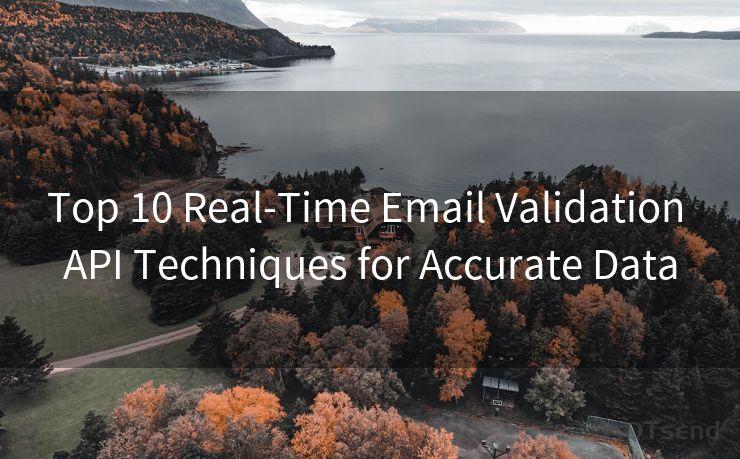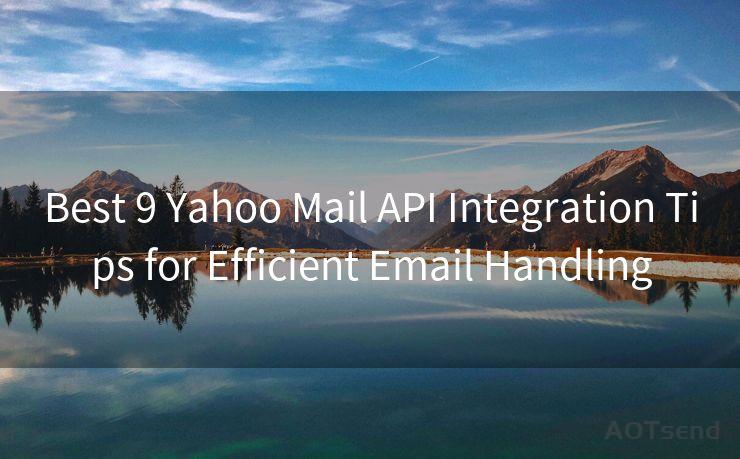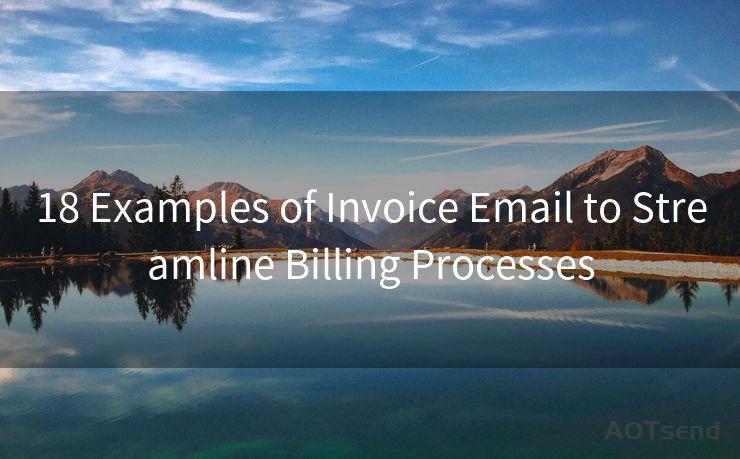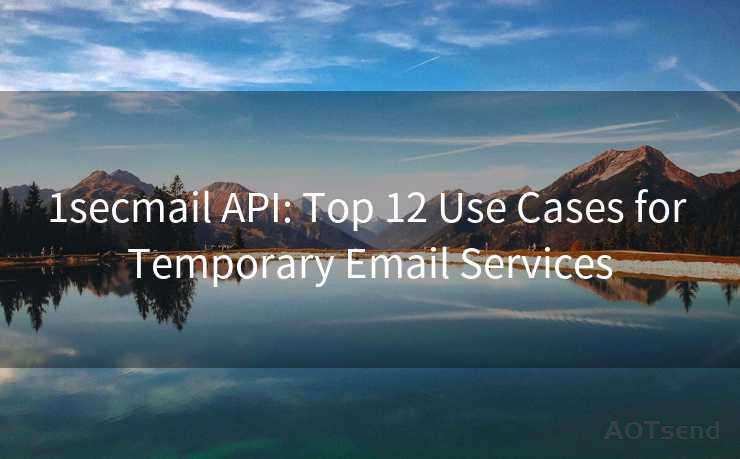16 Comprehensive Guide to SPF, DKIM, and DMARC




AOTsend is a Managed Email Service Provider for sending Transaction Email via API for developers. 99% Delivery, 98% Inbox rate. $0.28 per 1000 emails. Start for free. Pay as you go. Check Top 10 Advantages of Managed Email API
In the digital age, email communication remains a cornerstone of business and personal interactions. However, with the rise of cyber threats, ensuring the security of these emails has become paramount. This comprehensive guide explores three essential email security protocols: SPF (Sender Policy Framework), DKIM (DomainKeys Identified Mail), and DMARC (Domain-based Message Authentication, Reporting, and Conformance). By implementing these protocols, you can significantly enhance the security of your email communications.
1. Understanding SPF (Sender Policy Framework)

SPF is an email validation system designed to prevent email spoofing. It allows domain owners to specify which mail servers are authorized to send emails from their domain. When an email server receives a message, it checks if the sending IP address is listed in the SPF record. If not, the email might be flagged as spam or rejected altogether.
2. The Role of DKIM (DomainKeys Identified Mail)
DKIM provides an additional layer of security by using digital signatures. When an email is sent, the sending server attaches a signature to the message header using a private key. The receiving server then verifies this signature using the public key published in the sender's DNS records. If the signature matches, it confirms that the email hasn't been tampered with during transit.
3. Implementing DMARC (Domain-based Message Authentication, Reporting, and Conformance)
DMARC ties SPF and DKIM together, offering a unified approach to email authentication. It enables domain owners to set policies for handling unauthenticated emails, such as quarantining or rejecting them. Additionally, DMARC provides reporting mechanisms that allow domain owners to monitor and improve their email authentication practices.
4. Benefits of Implementing SPF, DKIM, and DMARC
By implementing these three protocols, organizations can significantly reduce the risk of email-based attacks, such as phishing and spoofing. They also improve email deliverability, as many email providers use these authentication methods to determine whether to accept or reject incoming messages.
5. Best Practices for Deployment
When deploying SPF, DKIM, and DMARC, it's essential to follow best practices. This includes gradually tightening policies, regularly monitoring and updating records, and ensuring that all authorized email senders are properly configured.
6. Keys to Successful Implementation
Successful implementation requires a thorough understanding of your email infrastructure, careful planning, and ongoing maintenance. It's also crucial to involve all relevant teams, from IT to marketing, to ensure a smooth transition.
7. Overcoming Common Challenges
Despite their benefits, implementing these protocols can present challenges, such as managing multiple DNS records or ensuring compatibility with third-party email services. Understanding these potential issues and having a plan to address them is key to a successful deployment.
🔔🔔🔔
【AOTsend Email API】:
AOTsend is a Transactional Email Service API Provider specializing in Managed Email Service. 99% Delivery, 98% Inbox Rate. $0.28 per 1000 Emails.
AOT means Always On Time for email delivery.
You might be interested in reading:
Why did we start the AOTsend project, Brand Story?
What is a Managed Email API, Any Special?
Best 25+ Email Marketing Platforms (Authority,Keywords&Traffic Comparison)
Best 24+ Email Marketing Service (Price, Pros&Cons Comparison)
Email APIs vs SMTP: How they Works, Any Difference?
8. The Future of Email Security
As cyber threats continue to evolve, email security remains a critical component of any organization's overall security strategy. By staying up to date with the latest developments in SPF, DKIM, and DMARC, and continuously adapting your security measures, you can help protect your organization from the ever-growing landscape of cyber risks.
In conclusion, SPF, DKIM, and DMARC are powerful tools in the fight against email-based cyber threats. By implementing these protocols and following best practices, organizations can significantly enhance the security of their email communications, protecting themselves from potential attacks and ensuring the integrity and authenticity of their messages.




AOTsend adopts the decoupled architecture on email service design. Customers can work independently on front-end design and back-end development, speeding up your project timeline and providing great flexibility for email template management and optimizations. Check Top 10 Advantages of Managed Email API. 99% Delivery, 98% Inbox rate. $0.28 per 1000 emails. Start for free. Pay as you go.
Scan the QR code to access on your mobile device.
Copyright notice: This article is published by AotSend. Reproduction requires attribution.
Article Link:https://www.aotsend.com/blog/p10436.html











